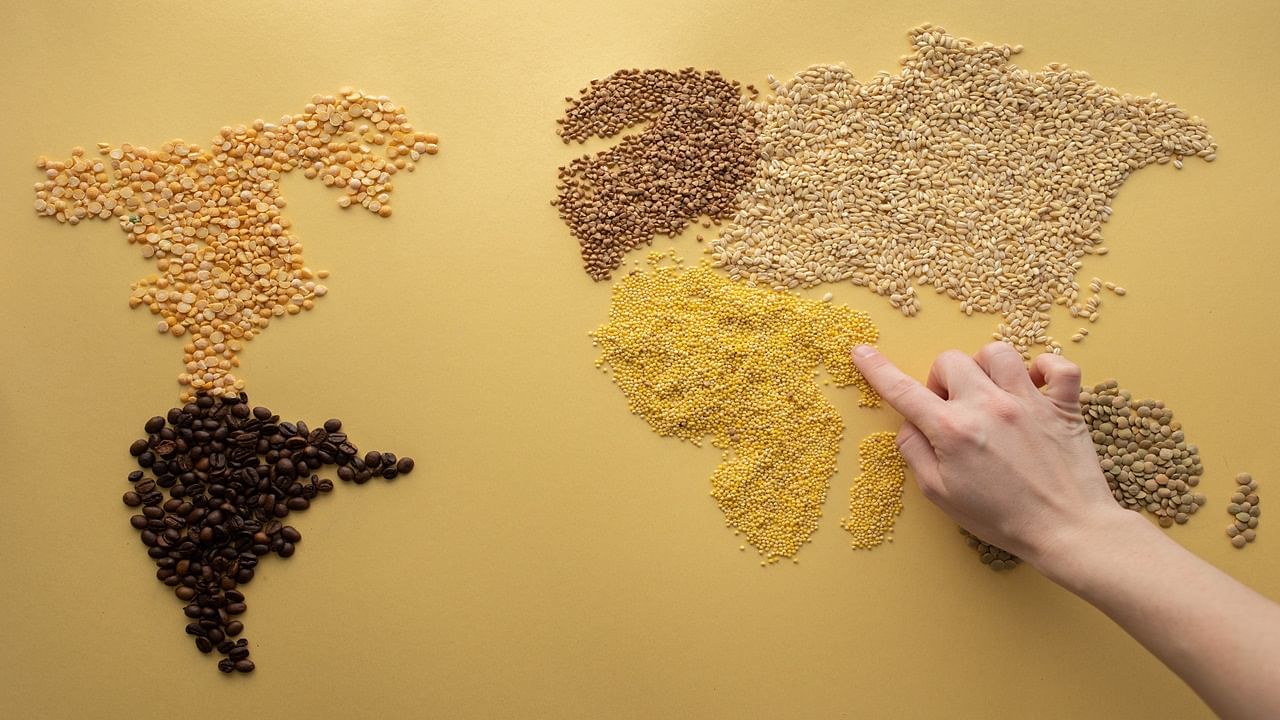
Prices of major pulses such as masur dal, urad dal, and tur dal fell due to a surge in imports, according to experts. The Agmarknet portal, run by the Union Ministry of Agriculture and Farmers Welfare showed the prices average wholesale prices of these major pulses dropped month-on-month in February. However, the sowing area of pulses, as of February 9, 2024, has dropped to 0.28 lakh hectares from 0.31 lakh hectares in 2023, as per the data from the National Food Security Mission.
India is the largest producer and consumer of pulses. There’s always a looming concern over high pulse prices in the country, especially that of tur dal (also known as arhar dal) which is imported from countries such as Mozambique, Malawi, and Tanzania.
The prices of pulses are contingent upon productivity, which can be adversely impacted by irregular rainfall patterns, particularly during periods influenced by El Niño. El Niño events typically correlate with reduced rainfall in India, thereby affecting agricultural output and consequently, pulse prices.
However, the average wholesale prices of tur dal have declined month-on-month by Rs 118.25 per quintal to Rs 14,326.75 in February, and that of urad dal saw a sharp fall of Rs 6,780.34 per quintal to Rs 4,056.06. Average wholesale prices of masur dal also plummeted by Rs 5,080.9 per quintal to Rs 3,739.27 during the same period.
Amongst all the pulses, the average wholesale prices of chana dal have increased marginally month-on-month by Rs 56 per quintal to Rs 7,685.75 in February, with Karnataka seeing a rise of Rs 215 per quintal to Rs 7,549.
For those interested in exploring the prices of various crops in their respective state markets, the official website [agmarknet.gov.in](https://agmarknet.gov.in/) provides a comprehensive list. Understanding the price dynamics of different crops and their quality assessment remains pivotal in navigating market fluctuations for farmers and traders alike.
















